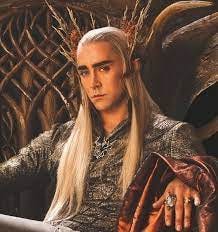It has been assumed that this would be merely a part 1 & 2 thing, but I’m starting to think this set of reviews is evolving into more than that. I’ve been reading far more than I expected so I’m going to warn everyone, there may end up being other parts (I’m not sure, yet I must be honest).
That being said, let’s start analyzing.
First off the first story…



